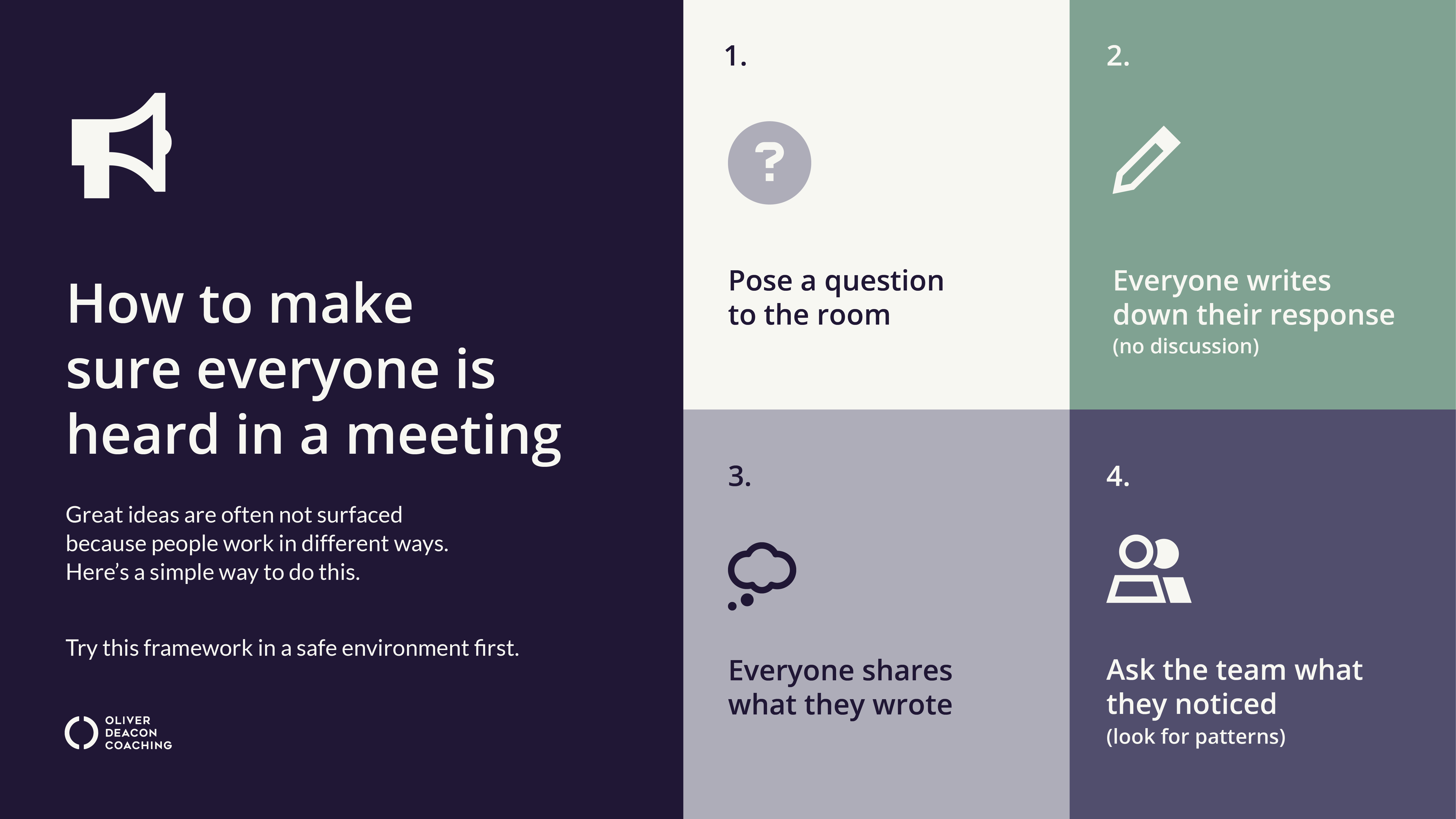My 3 interesting things for you this month…
1. Transforming the way we work
As you’ll have seen over the last two newsletters, AI is going to have a big impact on the way we work and how we get things done in the coming years. To make the most of new technologies, and also to future proof our careers, we need to focus on developing a new skill: that of enabling finance transformation.
What do I mean by enabling finance transformation?
Well, it’s all about vision setting, planning, resourcing and managing change. Specifically, analysing and redesigning our processes, choosing and implementing technologies, and making sure our data is fit for the future.
If this sounds hard/scary/boring/overwhelming to you, then you’re not alone. But neither are you if you’re excited or just really interested in this space.
I’ve been thinking about this topic a lot over the last year. The biggest blocker for many of the finance teams I speak to when it comes to getting the maximum benefits of new technologies, is the ability to be effective at the skills above. And I couldn’t really find anyone who is helping teams solve this in a clear but practical way. So I decided to make it happen myself.
How you can master finance transformation…
I’ve worked with GrowCFO to build a new finance transformation programme that teaches individuals and teams how transformation works.
You can see more about the programme on my website and GrowCFO’s here. We launch the online course this summer, with 7 sessions on Monday afternoons starting June 26th, through July and August. It would be great to see you there. Contact me if you have any questions!

2. Avoiding groupthink

One of the challenges I’ve seen throughout my career is that in meetings, 80% of who’s talking comes from 20% of the room. In finance we’re often the supporting role, so that might be ok (as long as our bit of the remaining 20% is magic!). But what happens when we’re in a meeting of just finance people, or where we are all equals? More often than not – groupthink – where you make decisions as a group, and therefore decision-making goes unchallenged.
I recently came across a new technique that helps to ensure everyone is heard in a meeting, or at least that we get more viewpoints across. The concept here is that great ideas are often not surfaced, because stylistically people work in different ways.
So here’s a really simple way to do this:
1. Pose a question to the room
2. Everyone writes down their response (no discussion)
3. Everyone shares what they wrote
4. Ask the team what they noticed (look for patterns)
This framework will enable you to hear from more than just the usual people. Try it in a safe environment first: how should we run our next forecasting process differently, what would make our month end better, or where would be a great place for our next team event?
Let me know how you get on!
3. Job descriptions are lies!
Hiring managers write job descriptions that ask for way, WAY too much. Sometimes HR tells them that the person will be hard to find, but often HR tells them to make the requirements even more difficult. What?! Surely not!
Here’s why. A HR person once told me that if the job description is overly demanding, the hiring manager has more freedom to reject candidates for any reason. If a candidate with the right qualifications does apply, it’s a stroke of luck. However, if not, the hiring manager still has the option to choose from a smaller pool of applications.
Am I recommending you do this? No, absolutely not. It’s bad practice and very annoying – and you miss out on lots of amazing candidates.
But the point of this note is not what to write, it’s how you should approach job specs.
Here’s what happens in reality: a month or so goes by and no one ticks all boxes, and the job description just ends up as a wish list. This means you shouldn’t pass over a role if you feel you aren’t completely qualified.
My key message is to go for that job anyway, even if you only meet 60-80% of the skills and requirements!
I love this extra tip – if you do get to the interviewing stage, ask the interviewer:
“How would you explain this role in your own words?”
They will often focus on different things than what you gathered from the job description, either because theirexpectations have evolved during the process, or they just set it too hard in the first place.
Get in touch if you’d like some help deciphering job descriptions, many of my past clients will agree I’ve developed a knack of reading between the lines!



